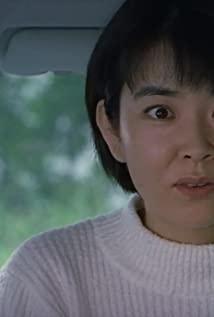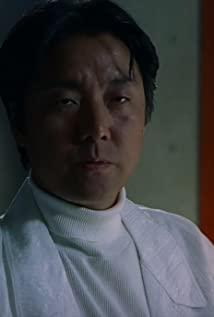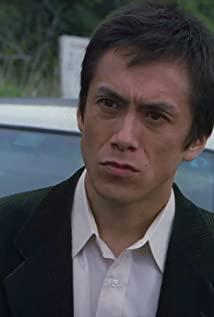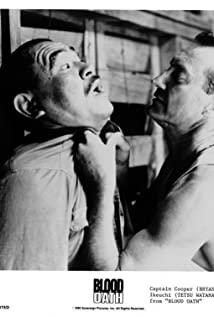Takeshi Kitano's films are all full of strong social criticism - this may be too mild, it should be said that his films are anti-social accusations - yes, his films are anti-social Yes, it is even more condensed and fully revealed in this film!
Full of attitude, he made no secret of his disappointment in Japanese society - the work pressure is extremely high, the police who are injured and paralyzed have separated their wives and children, on the one hand, they are pursued by the underworld, on the other hand, their work is not recognized, and even their daughters cannot be protected, His wife is terminally ill. . . . Although it has the background of this great tragedy of bitterness, the film does not settle in the overlapping sorrows, but strives to create an exit-although this exit is actually a dead end-this is Kitano Takeshi's violent aesthetics, and the ultimate violence must point to His own destruction, but this destruction is self-fulfillment with dignity, and no one else can interfere. He wants to take righteous revenge and use abnormal means (because normal means can't deliver justice at all), and he wants to relieve a stagnation in his heart-believe This is also a kind of grievance in Japanese society. He robbed the bank and paid off the usury of the underworld (implying that the society will pay the price for this high-pressure survival), and used the money he stole to subsidize the families of the police who died in the line of duty, and encouraged the paralyzed subordinates to buy painting tools. He survived, traveling around the country with his wife (only at this moment does his picture show the beauty of Japan's beautiful, peaceful and peaceful nature versus the deserted cities), accompanying her happily through her final life and dying with her . . .
Takeshi Kitano's violence is an export to Japanese society. In fact, it is not that he has not explored other exports, such as love and warmth (Kiujiro's summer/the most peaceful sea in that summer...), but in the film he still uses The reason why it is pushed down one by one is not to deny this kind of power (on the contrary, in every movie he expresses both warmth and violence at the same time, the strength of the two is very interesting...), it does not deny human love, But it always responds to this kind of love with loss, which is clearly expressed in "Kiujiro's Summer" -
the little boy's love and expectation for his mother--> The selfishness of the adult world hits the child;
Kitano Takeshi came to A group of abnormal adults came to accompany the little boy to play --> These are marginal people who have been abandoned by normal society, and they are playing absurd and crazy games;
Takeshi Kitano wants to exchange more gifts for the boy --> In the end, he was beaten by the underworld to a side of blood;
Kitano Takeshi thought of his mother who had been alone in the nursing home for a long time --> In the end, he just looked at his mother from a distance, unable to say a word to her;
for love and warmth, Kitano Takeshi expressed more guilt and regret.
Fireworks / Kikujiro's summer / The most peaceful sea in that summer is full of this kind of regret for love.
From little people on the fringes of society, to big bosses in the underworld (), or like the policeman who accompanied his wife on a trip and died, or the unhelpful uncle who accompanied the little boy to find his mother, in the end, it can only be like this.
The love of the world has only regrets for him. Or only violence is a kind of self-fulfillment, an outlet in today's Japanese society.
View more about Fireworks reviews











